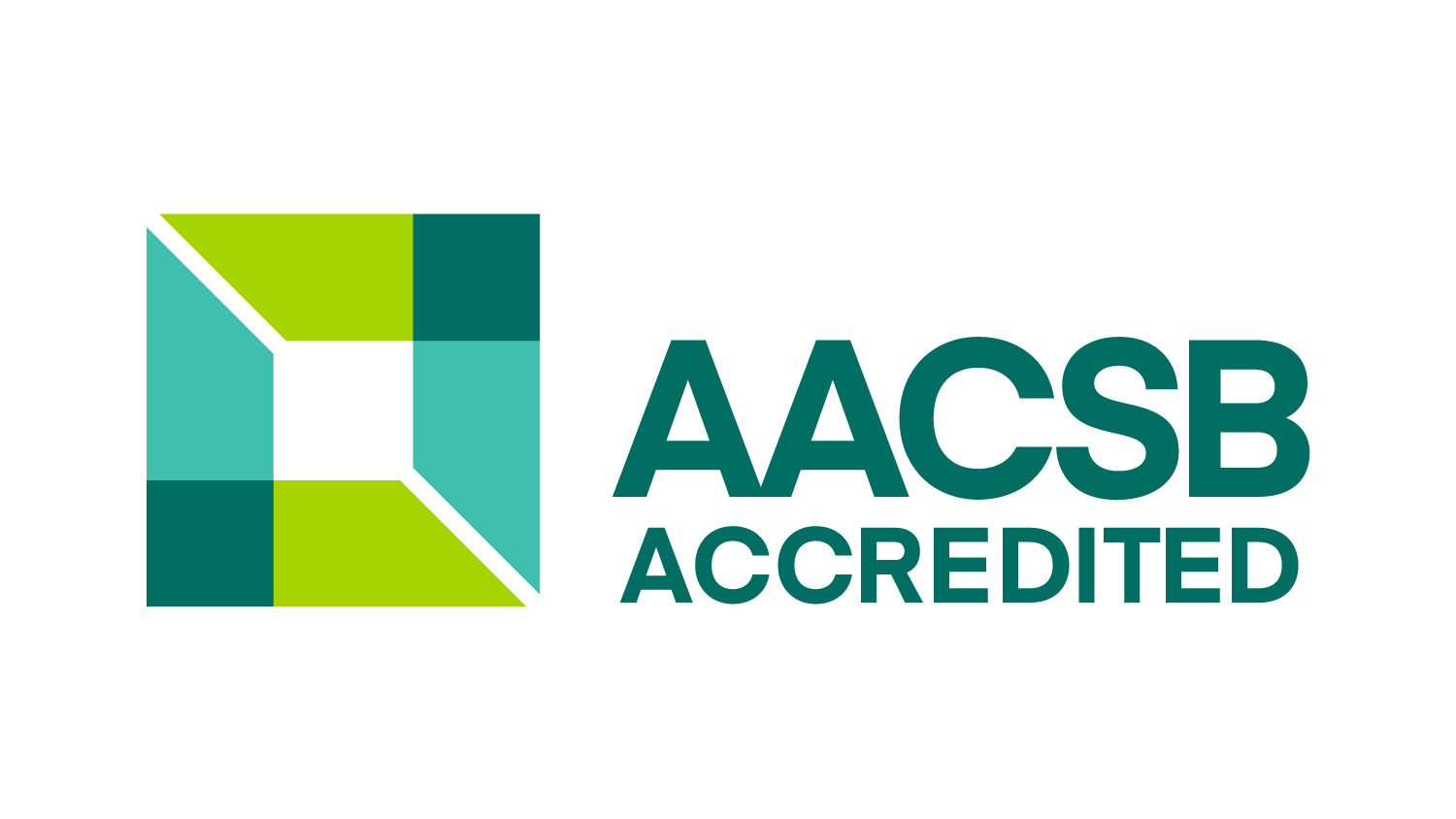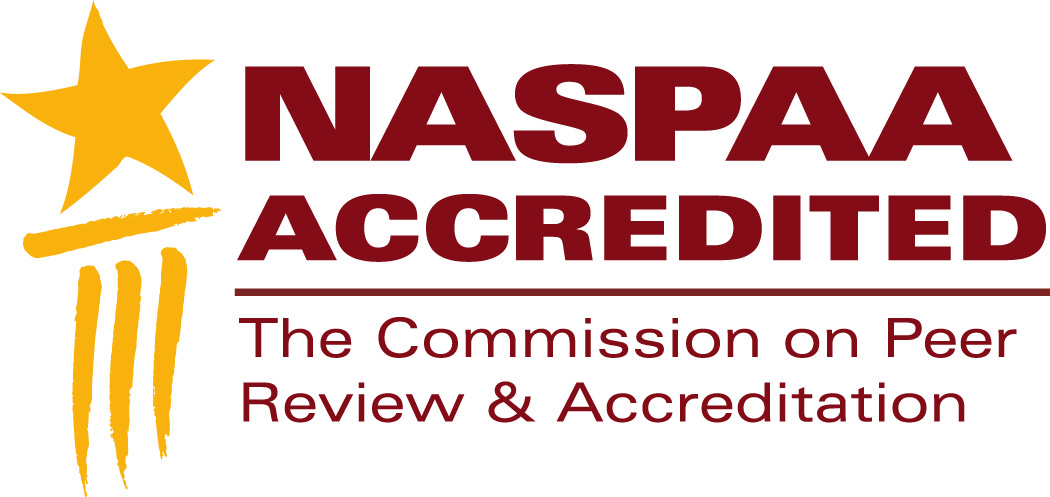STEPS Program

Student Rachel (Jiarui) Gu assisting with BNAL 206.
The STEPS (Strome Tutors Empower Peer Success) Program was established in Fall 2018 as part of a college-wide initiative to address high DFWI (Ds, Fs, Withdrawals, and Incompletes) rates in BSBA core courses. STEPS is an embedded-tutor model that places peer-tutors in sections of high DFWI-rate courses. STEPS tutors are required to attend all class sessions, work directly with the faculty member to develop supplemental instruction examples and materials, and conduct several hours of supplemental instruction/tutoring each week, all while managing their own class and workload! Students who work as STEPS tutors must have demonstrated academic excellence in the subject area and are frequently recruited by a faculty member in the subject area. They are paid by the college. Although the STEPS program is designed as group tutoring, the tutors may also conduct one on one meetings with students who are not able to attend the group sessions.
According to Dr. Connie Merriman, Associate Dean for Undergraduate Programs, who developed and manages the program, data have shown that students who participate in supplemental instruction sessions demonstrate an average .30 difference in course grade. In BSBA core courses where DFWI rates can be as high as 30%, this small improvement can have a huge impact on student success. The program is beneficial in other ways. For example, STEPS tutors for Finance 323 identify students who are missing an important tool for success - a financial calculator. The tutor can request a calculator for the student. The calculators are purchased and distributed by the College. The STEPS program is still growing and not all sections of the targeted BSBA core courses have tutors. However, the students who are currently employed as tutors are passionate about helping their peers succeed and welcome students from other sections to their supplemental instruction sessions.
Since the COVID-19 pandemic, the peer-to-peer instruction decreased significantly. STEPS got around this problem and moved the initiative online. Students Saloni Jain, Rachel Gu, and Chevy Greenfield continued to fulfill their duties as tutors, making course material relatable for students. Saloni Jain, an international student from Dubai, who tutors both BNAL 406 and BNAL 407, faced many challenges with the online transition but still came out on top. Prior to COVID-19, Saloni held lab hours to answer questions and help students on their assignments.
Saloni stated, "We teach data analytics and Dax programming, which is very difficult to teach online, primarily because there are not a lot of videos and books written on Dax." Responding to Covid-19, she was flexible and adjusted due dates on upcoming assignments for her students. Being located physically in Dubai and not on campus, she faced difficulties teaching material effectively from a distance and different time zone. Professor Kelly Alvey and she produced additional worksheets, recorded lectures, and improved their communication with students. Like most, this transition for Saloni has been rocky. The time difference between Dubai and Norfolk served as a constraint in responding to her students. Learning and adapting to new digital teaching techniques, Saloni admits the change was not easy but she made the best of it. "I truly understand how challenging these courses are for students and how much they have to struggle just to understand the material and principles."
Assisting in BNAL 306, Chevy Greenwald would sit in lectures, reinforcing the material while encouraging students to attend during her office hours. Hosted after class, office hours allowed for students to ask questions, work on homework and receive help before an exam. Office hours were her way of teaching students the material and providing assignments to see progression. Since the pandemic, Chevy had to adjust her teaching tactics to adapt to her students' needs. She stated, "Students have reached out to me with concerns now, particularly with help regarding how to navigate the coursework and what's expected of them. I sent out emails each week letting the class know what the best times would be to reach me, and I made sure to be available to quickly respond to them, through email, and sometimes through Zoom meetings." Communication between instructor and student was key, imitating the dialogue from the classroom. Like all, Chevy had to adapt to virtual teaching with recorded lectures, grade adjustments and additional homework. She admits that the online transition made it difficult to teach the material effectively. "Again, this class benefits greatly from being taught in person, and tutoring for this class benefits a lot from the environment of the lab...As with a lot of online classes, it was likely difficult for students to get on a schedule and dedicate time to working on this class."
Before COVID-19, Rachel (Jiarui) Gu assisted with BNAL 206, under the supervision of Professor Fateh. Rachel normally sat in the back of the classroom, monitoring student's progression and answering their questions. In addition to teaching, she had to also adjust to learning virtually with her own classes. Her personal challenges helped her empathize with the students, adjusting deadlines without penalty and assisting with individual student's needs. Like Saloni, Rachel was taught a valuable lesson about herself.
Rachel stated, "I learned to adjust to different situations given the circumstances. I needed to not only adjust to the transition online for all my classes but also this class I am tutoring for. I learned to react quickly and think creatively about how I could provide students with help during this time."
Like the students, professors were put to the test to adapt and implement material virtually. Peer tutors were tested more than ever with the lack of face to face interaction. Conquering this issue took patience, motivation and tenacity. Learning from COVID-19, STEPS tutors now understand the complexity of virtual teaching, and that implementing new teaching strategies while mastering the old techniques will benefit the student community.
Moving forward, Dr. Merriman plans to grow the STEPS tutoring program such that she able to provide a STEPS tutor for every section of the BSBA core classes. Being a successful STEPS tutor requires someone who is not only academically strong in the subject area, but is also engaging and articulate, with a service mentality. Strome College of Business is very fortunate to have these dedicated students who are eager to stand up and go above and beyond to help their fellow students succeed.
Story by Dai'Mon Grate






